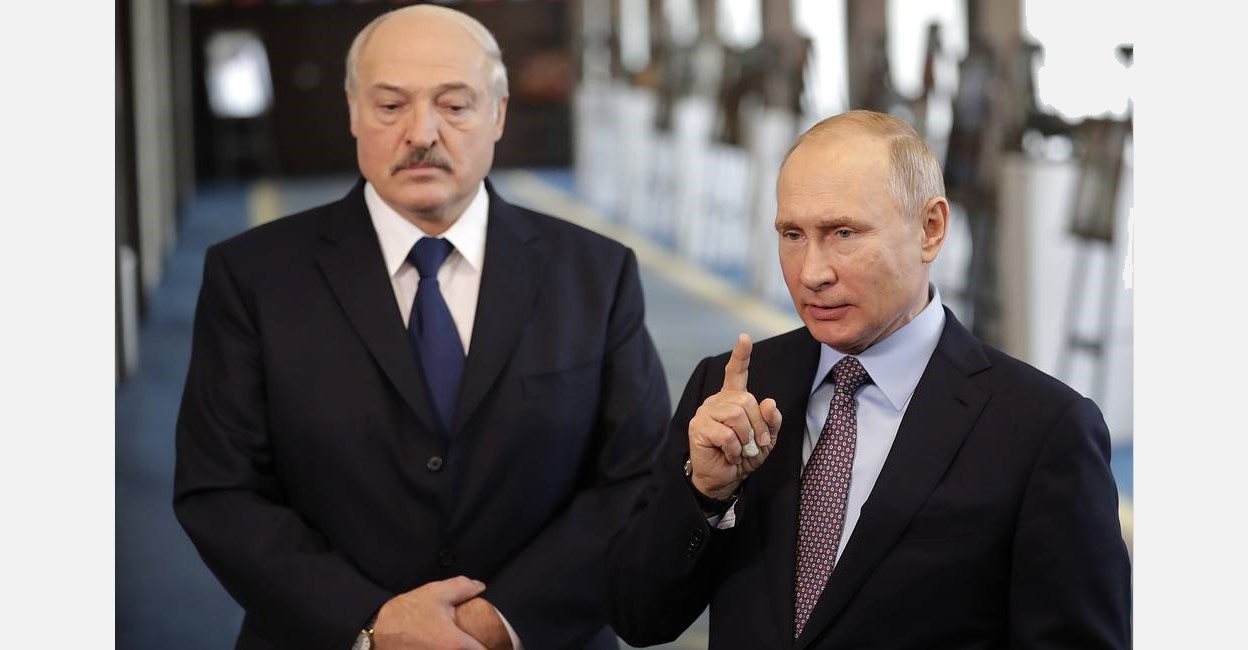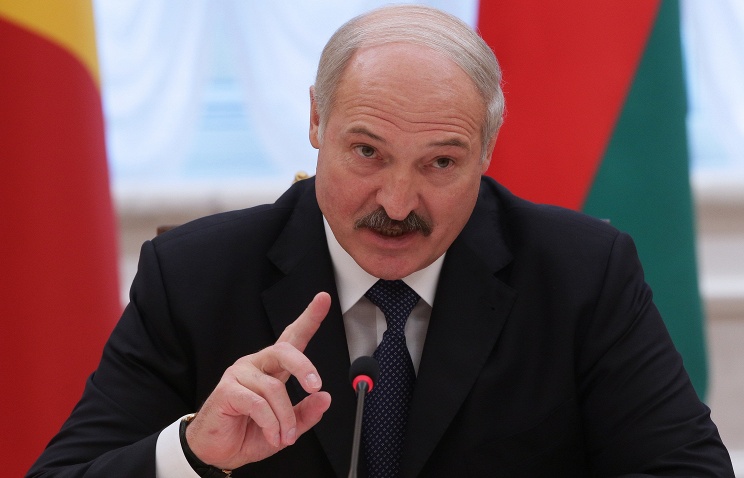Beginning in November, the Eurasian States in Transition (EAST) Center in Warsaw says, Moscow media sharply increased the number of stories in which treat Belarus negatively, question its independence, and suggest that it is moving along the Ukrainian path.
The center draws its conclusions on the basis of a fourth-month-long study (available here) that has been summarized by two of its authors, sociologist Veranika Laputska and political scientist Andrei Yeliseyeu, in comments for Polish Radio and Belarusian Partisan.
According to Yeliseyeu, there are two basic trends involved. On the one hand, “the central Russian TV channels for the first time have begun to put out materials which say that ‘Belarus is going along the Ukrainian path.’” Indeed, this has become “a cliché” in the Russian media and is worrisome.
That is because, he continues, such language means that the Russian powers that be want their population to believe that “’in Belarus, with the support of the West, fascism and russophobia have raised their heads and soon the overthrow of the government may occur,’” a message that could be used to justify Russian intervention.
And, on the other hand, Yeliseyeu says, “’analytic’” materials on portals like Regnum.ru have not only increased in number – from five to seven in August to 16 last month – but they have become more virulently “chauvinist” in tone.
Such “theses” are no new, Laputska says. But “for the first time, Russian propagandists have begun to declare that Belarus intends to seize lands of neighboring countries and take part in ‘the future division’ of Lithuania, Latvia and Ukraine.” That feeds into another Moscow meme that the EU will disintegrate and the borders of its former members will be changed.
Official Minsk has responded sharply to many of these articles, and now some Russian media outlets are complaining that Moscow has not responded to these complaints and taken more direct measures, yet another indication of the deteriorating situation between the two countries.
Yeliseyeu says that one of the reasons for the worsening of Moscow’s treatment of Belarus is the deterioration of economic relations between Moscow and Minsk. Indeed, he says, it cannot be excluded that Russian officials have given an unpublished directive to media outlets to attack Belarus.
The appearance of the EAST report has done nothing to slow the increase in anti-Belarusian articles and commentaries in Moscow in the last few days. Since the report was issued earlier in the week, Leonid Reshetnikov, the head of the influential Russian Institute for Strategic and International Studies, took things to a new low.
He declared that “the Belarusian language was created by a decree of the Orgburo of the Central Committee of the All-Russian Communist Party (of Bolsheviks) in 1926” and that Belarus is “a historic part of Russia, a small country which cannot live independently.”
The Belarusian foreign ministry officially protested this but to no avail. And according to Minsk political analyst Arseniy Sivitsky, Russia is “intentionally preparing its citizens for a possible conflict with Belarus” possibly one involving military action by the Russian side.
Related:
- Even if Minsk is against, Putin may launch new invasion of Ukraine from Belarus, experts say
- MH17 report may lead Moscow to use military force against Belarus, Minsk analyst says
- Russian forces on Belarusian border ready for ‘full-scale proxy war,’ Minsk expert says
- What the murdered Ukrainian-Belarusian journalist stood for
- Belarus under increasing pressure from Russia
- Russian troll farms behind campaign to topple Ukraine’s government








